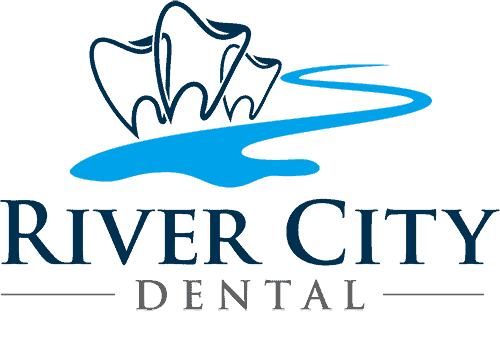
Intermittent fasting and keto diets are gaining popularity for their health benefits, but many overlook how these dietary choices can impact their oral health. Whether fasting or following a ketogenic diet, it’s important to understand the potential effects on your teeth and gums. Here’s what you need to know about how these diets can influence your oral health and how you can protect your smile.
The Oral Health Risks of Intermittent Fasting
Intermittent fasting involves alternating periods of eating with periods of fasting. While it can be an effective way to manage weight and improve overall health, it can also pose risks to your oral health:
- Dry Mouth
When you fast, your saliva production may decrease, leading to dry mouth. Saliva is essential for keeping your mouth clean and reducing the risk of cavities and gum disease.
- Foul Breath
The absence of food during fasting can cause bad breath, often called “fasting breath.” This happens when your body breaks down fat, releasing chemicals that lead to an unpleasant odor.
- Changes in Oral pH
Fasting can cause your mouth to become more acidic, weakening your tooth enamel and increasing the likelihood of developing cavities.
If you’re experiencing any of these symptoms while practicing intermittent fasting, it’s important to talk to our dental office in St. Cloud. We can offer advice on how to maintain your oral health during your fasting periods.
Keto Diets and Their Impact on Oral Health
The ketogenic diet focuses on high-fat, low-carb foods, encouraging your body to enter a state of ketosis. While the keto diet has several health benefits, it can also have some implications for your oral health:
- Ketosis & Breath Issues
When your body is in ketosis, it produces ketones, which can cause a noticeable odor on your breath. This “keto breath” can be difficult to manage without proper oral care.
- Nutritional Gaps
The restrictive nature of the keto diet might lead to a deficiency in essential nutrients like calcium and phosphorus, which are crucial for strong teeth and bones.
- Gum Health Concerns
A high-fat, low-carb diet can change the bacterial balance in your mouth, potentially increasing your risk for gum disease if you’re not careful.
If you’re following a keto diet, it’s essential to maintain good oral hygiene and schedule regular dental visits. This will help ensure your diet doesn’t negatively impact your oral health.
At our St. Cloud dental office, we understand that diet plays a significant role in overall health, including oral health. Whether fasting, following a keto diet, or simply trying to improve your well-being, we’re here to support you with services tailored to your needs.
If you have questions about how your diet might be affecting your oral health, don’t hesitate to contact our office. Our team is here to help you maintain a healthy, beautiful smile while supporting your dietary goals. Contact our office today to schedule an appointment.

